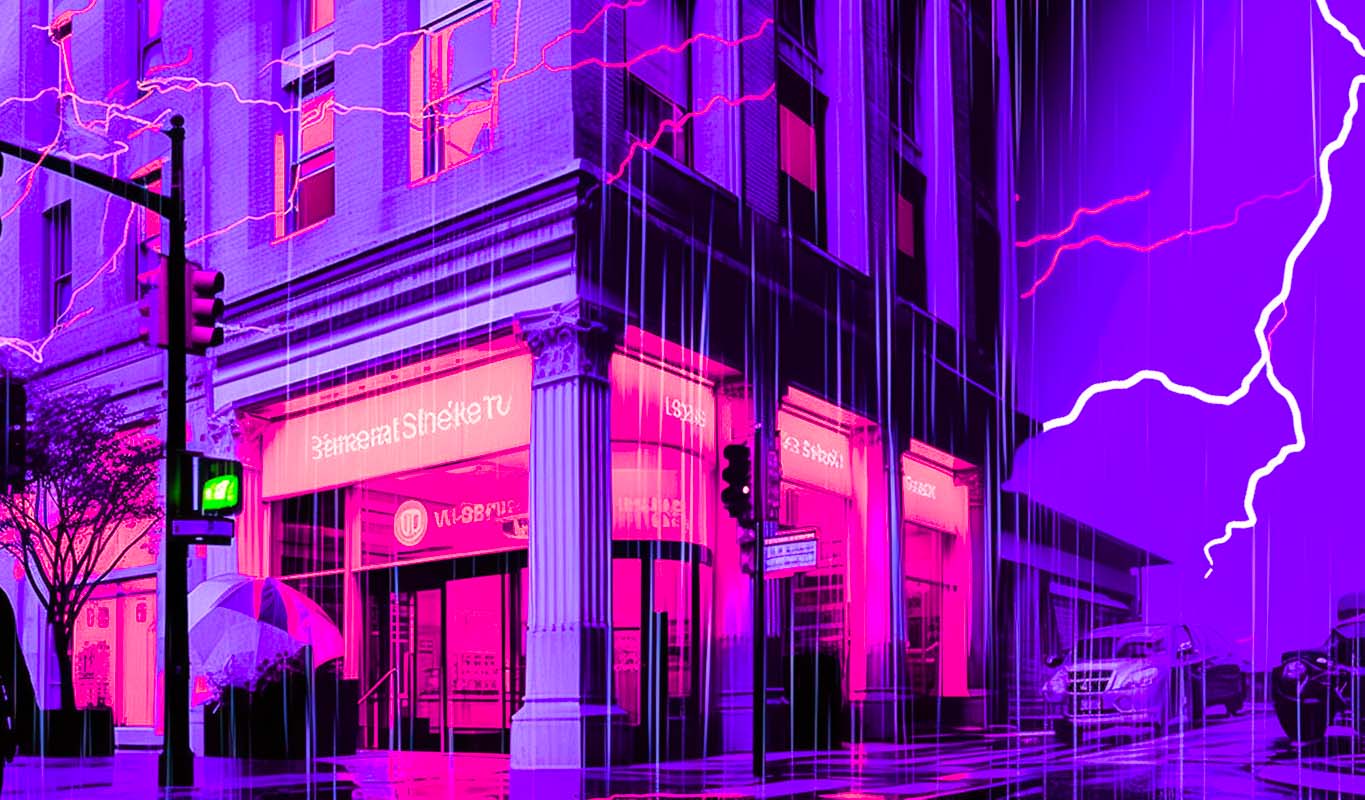General Malaise
Footballguy
Interesting. I sort of stopped reading at the part that said Credit Suisse went bankrupt overnight. They’ve been in distress for years, but the Swiss govt kept propping them up behind the scenes.- YouTube
Enjoy the videos and music you love, upload original content, and share it all with friends, family, and the world on YouTube.www.youtube.com
summary I read of this:
Macro Investor Bert Dohmen just issued a dire warning on the future of the US and global economy.In a new interview with Stansberry Research, the founder of Dohmen Capital Research says anyone who believes the banking crisis is over is engaged in wishful thinking.“We have three of the biggest banking failures in US history within six days and everybody’s pretending this is a one-off event that won’t happen again.This is the tip of the iceberg, and if you know about icebergs you know one-seventh of the iceberg is above water. That means six-sevenths of the iceberg is below water and that’s going to sink everybody else.Not only did we have these bank failures in the US, it was followed by the biggest bank failure in Switzerland ever. The biggest bank, Credit Suisse, 137 years old, went bankrupt overnight and had to be bailed out. This is going to be an international crisis.”Dohmen says decades of systemic risk has also built up in the derivatives market, which he believes is headed for a seismic crash.“There is about $1.6 quadrillion of derivatives outstanding internationally. That is such a staggering amount. No one can really imagine how big that number is, and it’s totally unregulated. The CFTC in 1999 tried to get derivatives regulated and was fought by the biggest names that you can imagine in the investment field because it would have stopped that whole game of playing with derivatives…Now nobody really knows exactly how big it is. The best guess is $1.6 quadrillion. It could be $2 quadrillion dollars of derivatives. When they start falling apart it’s going to be like dominoes.”Dohmen predicts the Fed will print trillions upon trillions of dollars to try to stabilize markets.He says he withdrew money from banks well in advance of the current crisis, and if US lawmakers don’t reverse course, he forecasts an economic collapse as bad or worse than the Great Depression.“In the beginning of 2020, so that’s three years ago now, we said this decade is going to be like the 1930’s because the cycle called for that. So that means a 10-year depression, but I said it will probably be much worse than the Great Depression and it all depends on what the government and the Federal Reserve does.We now see that we’re doing the same thing as the 1930’s where it was a 10-year depression. It could have been a two or three year recession but the policies of Washington really made it a Great Depression… spending up the wazoo, tax increases like you cannot believe.[President Biden wants] to double the capital gains rate tax from 20% to about 40%. This is a killer for the economy. It’s investors that make the economy. They create businesses and businesses create jobs. If nobody’s creating businesses you have no job creation and everything is done with giving away money and we saw what that caused.”Dohmen, who is not a believer in Bitcoin and crypto, says gold will be a safe haven – but only after a coming crash.“The first [gold] phase that we’re in right now is on the way to a top, an important top, and then a very strong correction in gold.So don’t be trapped when you read headlines that gold made a new record high. That would be a sell signal… Then you’re going to have a big drop and eventually you could have a great buying opportunity when the central banks step on the accelerator and create trillions and trillions of dollars of artificial money.”
He claims to have accurately predicted every bust and boom since the 70s or some such and I would be very wary of a newsletter writer who makes that claim. A guy that good doesn't need to depend on selling subscriptions to a newsletter. Not at his age. Not at any age.
Also, government spending is what took us out of the great depression. That and war. Does he think nobody knows our history? The New Deal put banking regulations in place and put people back to work building roads, and bridges and dams.


 at that too. That said, I don't think a depression is out of question at this point.
at that too. That said, I don't think a depression is out of question at this point.



